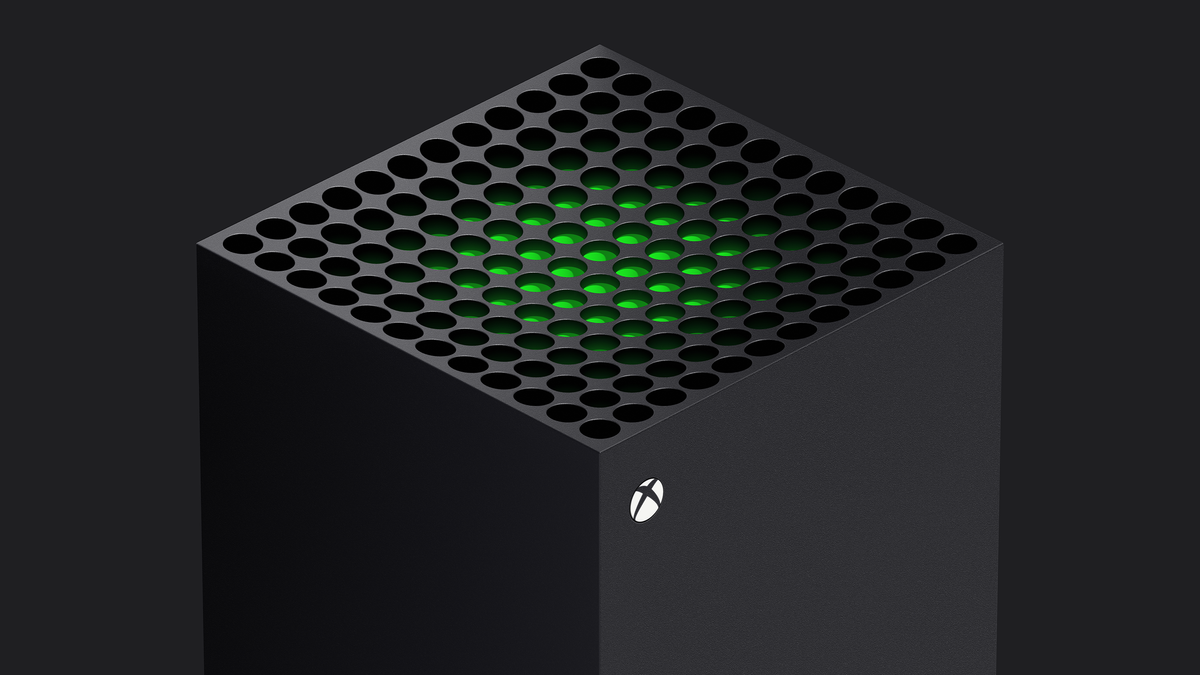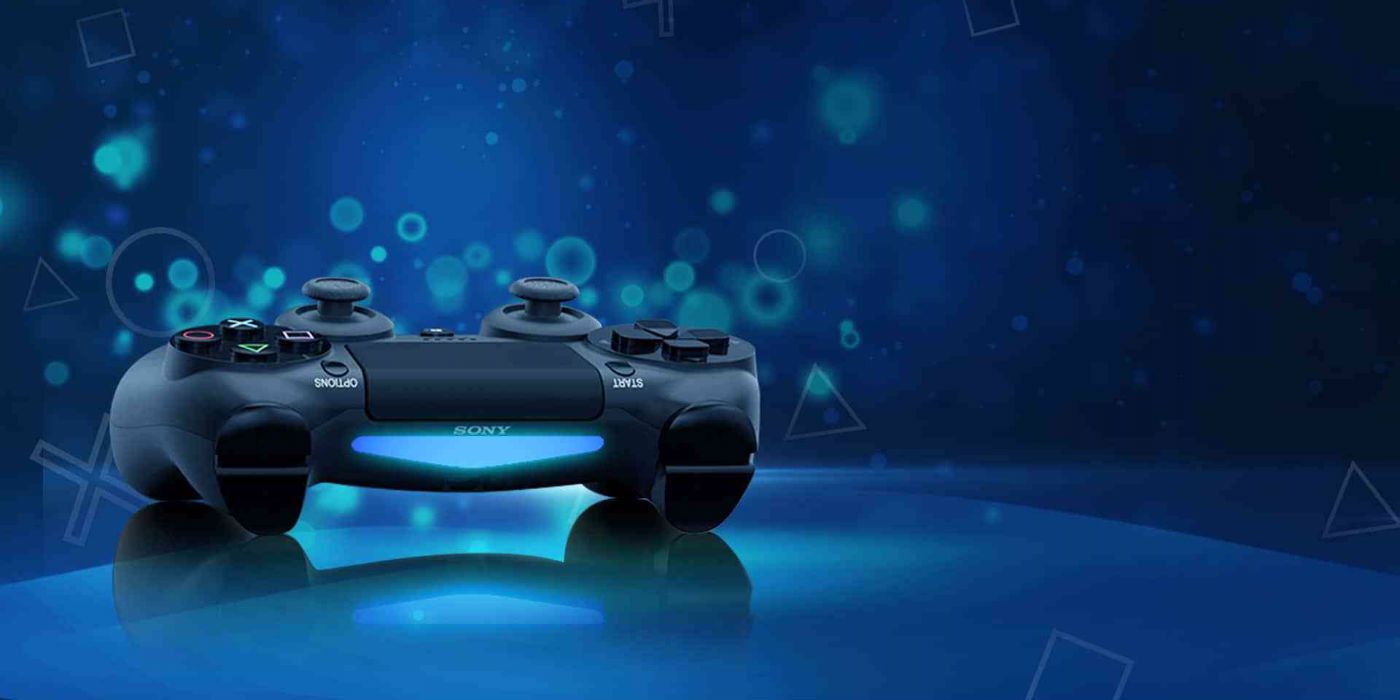You already are buddy, you already are.Am I worthy of your friend?
Official Thread Pillow Fight that nobody wins with MOAR Jackie Chan and guys comfortable with STRETCHING their sexuality!
- Thread starter The Living Tribunal
- Start date
-
- Tags
- apple pc playstation sexuality xbox
You are using an out of date browser. It may not display this or other websites correctly.
You should upgrade or use an alternative browser.
You should upgrade or use an alternative browser.
- Status
- Not open for further replies.

I'm picking Xbox Series X over PS5 — here's why
I want the Xbox Series X over the PS5, and it has plenty to do with specs
Xbox Series X wins on specs

(Image credit: Xbox)
Out of the (ahem) box, the Xbox Series X wins on power, offering 12 teraflops of computing power over the 10.28 teraflops of Sony’s PS5. My colleague Marshall Honorof expressed his preference for the PS5 over the Xbox Series X, noting his choice has nothing to do with power.
I’m the opposite. I want the most powerful console, because ultimately it means more headroom later down the line for games to really push the boundaries of what’s possible for the console generation. We saw that with the PS3 in its last year. More recently, the Xbox One X give us a taste of what native 4K gaming on a console can look and feel like.
I really want to see games running in 4K resolution at 60 fps, at least, with well-realised HDR on top. Achieving those benchmarks can put a very expensive high-end gaming PC through its paces, so I’d favour the more powerful console to do 4K gaming justice.
A better ecosystem: Xbox Game Pass, xCloud and more
But power is just one part of the Xbox Series X's appeal, in my opinion. The major reason I think the Series X will come out on top comes down to the ecosystem that Microsoft has created around its gaming arm.
For starters, the Xbox Game Pass service, which involves paying a recurring fee for access to a whole range of first- and third-party games, now applies to PC games as well, provided you have the "Ultimate" pass. This means I can play Halo: The Master Chief Collection on my Xbox One X from the comfortable position of lounging on my sofa. But when I want to game with a mouse and keyboard (the best way), I can pick up where I left off on my PC.
It’s a neat trick that only Microsoft can really pull off, thanks to Windows 10. But this is set to extend even further with the company’s Project xCloud game-streaming service.
Project xCloud is currently in a beta version that allows you to stream games to an Android phone via Wi-Fi or mobile broadband connections. In its final form, this service would allow me to do the same Halo gaming scenario, but on my phone, provided that I have an Xbox wireless controller handy.
Eventually, Project xCloud will come with the ability to stream games directly from an Xbox, using the console as a private server. In effect, Project xCloud can turn phones into handheld Xbox consoles, which isn’t something PlayStation can do to the same degree. Sony's streaming support is pretty basic, offering only direct PS4 streaming over Wi-fi for smartphones, and PlayStation Now is limited to streaming a smallish collection of games to PS4 consoles or Windows 10 machines.
Combined with the mature and robust Xbox Live platform, with its excellent social tools and cloud saves, Project xCloud could be a very slick partner to the Xbox Series X once it gets out of beta.
The Xbox ecosystem also includes the Xbox Series X’s backwards compatibility. While it won’t cover every Xbox game ever, this feature looks likely to support a whole range of games, potentially dating back to the original Xbox. Given how the Xbox One X enhances older games, I’d expect the Series X to do the same, but better. And the process of getting old games up and running on the Xbox Series X seems a lot easier and more effective than what we’ve heard so far from the PlayStation camp.
Microsoft also seems to have learnt from the mistakes it made with the Xbox One’s initial launch, and appears to have focused on delivering a games-centric console with the Series X. This contrasts with its plans last generation to launch the Xbox One as a multimedia platform.
A superior design
I doubt many people would call the monolithic rectangle chassis of the Xbox Series X attractive, but a lot of clever silicon and hardware engineering has gone into it. That not only tickles the fancy of hardware geeks like myself, but also shows how the console really could deliver 4K gaming at 60 fps as a standard, thanks to powerful innards supported by clever cooling design.
Unlike Sony with the PS5’s DualSensecontroller, Microsoft has made only a few minor changes to the Xbox Wireless Controller. The design hasn’t changed all that much since the Xbox 360 controller. But that’s a good thing, as that gamepad had fantastic ergonomics, which Microsoft ran with for the Xbox One, and has honed even further with the Xbox Elite Wireless Controller Series 2.
It’s arguably a small thing, but the feel and familiarity of a controller can really shape one’s console choice. While I really like the PS4’s DualShock 4, it simply isn’t as comfortable in my hands as the Xbox Wireless controller. The controller represents another plus in the Xbox Series X’s column.
What about the games?
The only stumbling block in my choice would be exclusive games. With Bloodborne, Horizon Zero Dawn, and the sublime God of War, the PS4 trounced the Xbox One for console exclusives.
However, Microsoft has been snapping up games studios, notably Ninja Theory and Obsidian Entertainment, so it’s now in a good position to bring a whole host of exclusives to the Xbox Series X, as well as Xbox on Windows 10. That being said, I expect the PS5 to come with some major heavy-hitting exclusives, including sequels to the aforementioned exclusives, as well as an enhanced version of The Last of Us 2 for the new console.
Honorof rightly pointed out that Xbox exclusives will come to PCs, while PS5 games won’t. As such, not getting an Xbox Series X doesn’t mean you'll lose out on the new Halo. But due to the overarching Xbox ecosystem, I see the Series X as a the TV-centric partner to the PC, rather than the separate platforms they once were.
That’s why my pick for a next-generation consoles leans toward the Xbox Series X. That’s not to say I suggest that everyone rush out to get one the moment it’s released. A lot of your choice will depend on what console you’re familiar with, and if you have the most friends, achievements and so on in either Xbox Live or PSN.
Both next-gen consoles are set to be far more interesting rivals than the PS4 and Xbox One, with Microsoft’s console offering more power, but Sony’s machine touting super-fast storage and an innovative new controller. And with prominent studios under both the Xbox and PlayStation banners, both consoles look poised to push each other to deliver ever better experiences. That's exciting, regardless of your console loyalties.
We need more info, dammit! I'm sick of all these articles rehashing the same stuff we've known about for what seems like an eternity...
I'll help you out;We need more info, dammit! I'm sick of all these articles rehashing the same stuff we've known about for what seems like an eternity...
XSX >PS5

Sony May Scrap Original PS5 Console, Price, Release Date Reveal Plans
Sony may be scrapping its plans for the PlayStation 5's price point, release date, and marketing to stay competitive and combat COVID-19.
Ruh Roh
Well they really took the L if true, props.
Sony May Scrap Original PS5 Console, Price, Release Date Reveal Plans
Sony may be scrapping its plans for the PlayStation 5's price point, release date, and marketing to stay competitive and combat COVID-19.gamerant.com
Ruh Roh
Wait did he just regurgitate what was said drill Bloomberg? I stopped at 4:50 mark because it seems that way.
Idk, I had to turn off, guy seems like a douche.Wait did he just regurgitate what was said drill Bloomberg? I stopped at 4:50 mark because it seems that way.
One of his developer sources have said when the GPU, CPU and geometry engine are running at full tilt they’ve been running into memory bandwidth issues. Very concerning if true as we’ve not even started the generation yet and to be running into memory bandwidth issues on the first games doesn’t bode well for games further into the generation.

Halo’s co-creator says PS5’s SSD tech ‘will make a huge difference’ for designers | VGC
It will open up the door for more expansive content"
Fascinating Deep dive on raytracing. I also saw they were running it at 1440p DLSS @100fps
It's only going to get more optimized.
It's only going to get more optimized.

Halo’s co-creator says PS5’s SSD tech ‘will make a huge difference’ for designers | VGC
It will open up the door for more expansive content"www.videogameschronicle.com
It's clear that Sony made design decisions around their studio strengths. No doubt the I/O investment they made was intentional and targeted towards their own studios who make open world games. Really excited to see what Sony 1st party studios do next gen once they've had time to learn how to leverage the hardware. God of War and HZD run on less than 2TF of GPU with s***ty CPUs and I/O speeds.
I'm most looking forward to Assassins Creed on the new consoles. Just look what they accomplished with Origins and Odyssey on One X.
I'm most looking forward to Assassins Creed on the new consoles. Just look what they accomplished with Origins and Odyssey on One X.
Yeah Ubisoft should be interesting in general...especially now that they're rethinking their old template.
Maybe I read that wrong. But the Halo Co- creator seemed to be talking about both consoles benefiting from SSD.
Maybe I read that wrong. But the Halo Co- creator seemed to be talking about both consoles benefiting from SSD.
That don't get them fat warriorz clickz.
Maybe I read that wrong. But the Halo Co- creator seemed to be talking about both consoles benefiting from SSD.
Yeah still a lot of things we don't know or understand in regards to what the differences in the SSDs will mean.
#1 - Will Lockhart have one with similar IO to Series X? The leaks are conflicting. Ultimately Lockhart won't hold back graphics but could hold back game design for the true next gen Xbox exclusives if it doesn't have the similar I/O and CPU performance. Rumors were it had the same IO speed...until recent contradictions.
#2 - Whats the sweet spot for I/O speeds as it relates to unlocking game design bottlenecks for open worlds? Ultimately this will depend on how fast you move across a map. We don't know what the sweet spot is for what devs want to do.
He didMaybe I read that wrong. But the Halo Co- creator seemed to be talking about both consoles benefiting from SSD.
I just watched this. Does not make the wait more bearable, lol...
- Status
- Not open for further replies.





